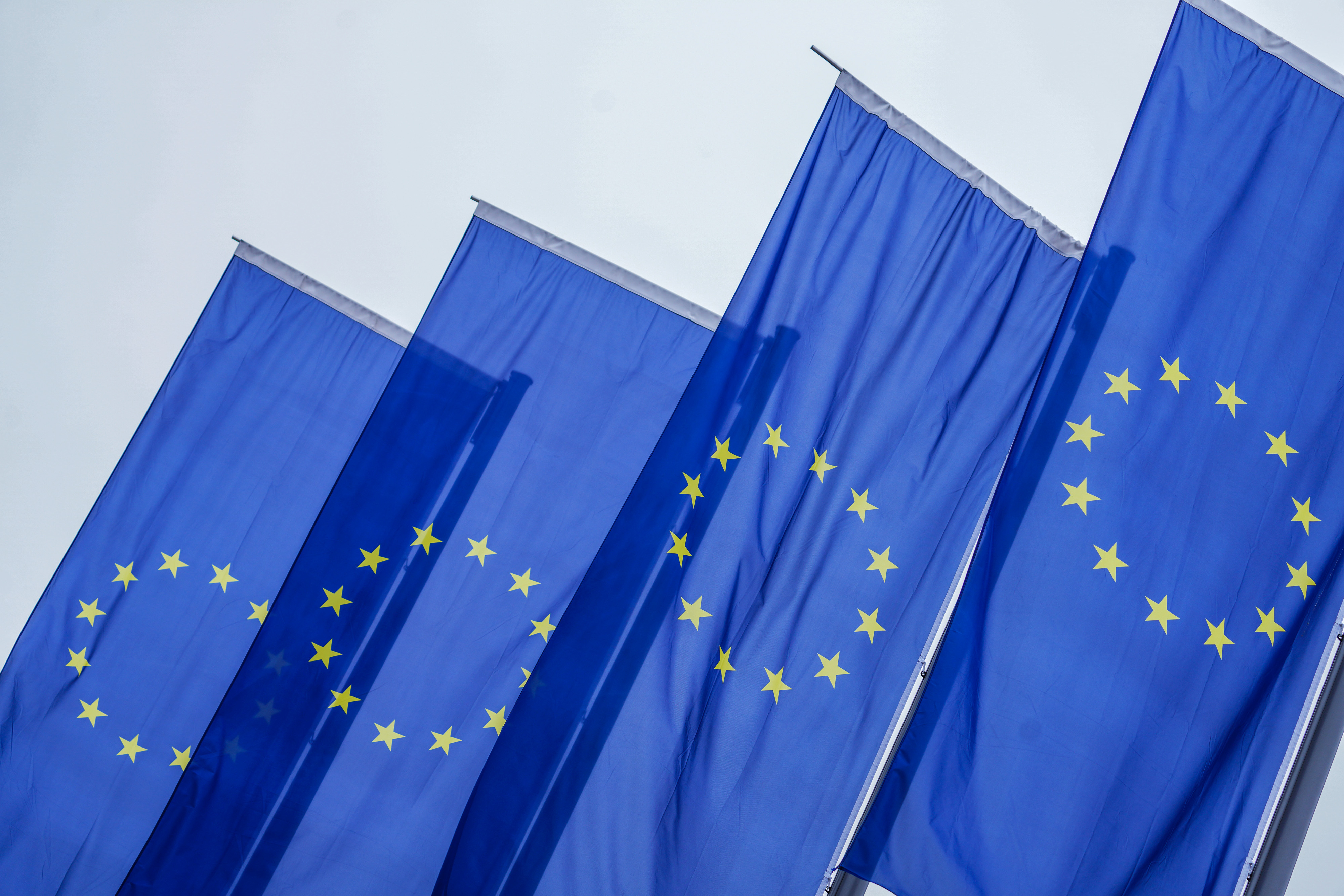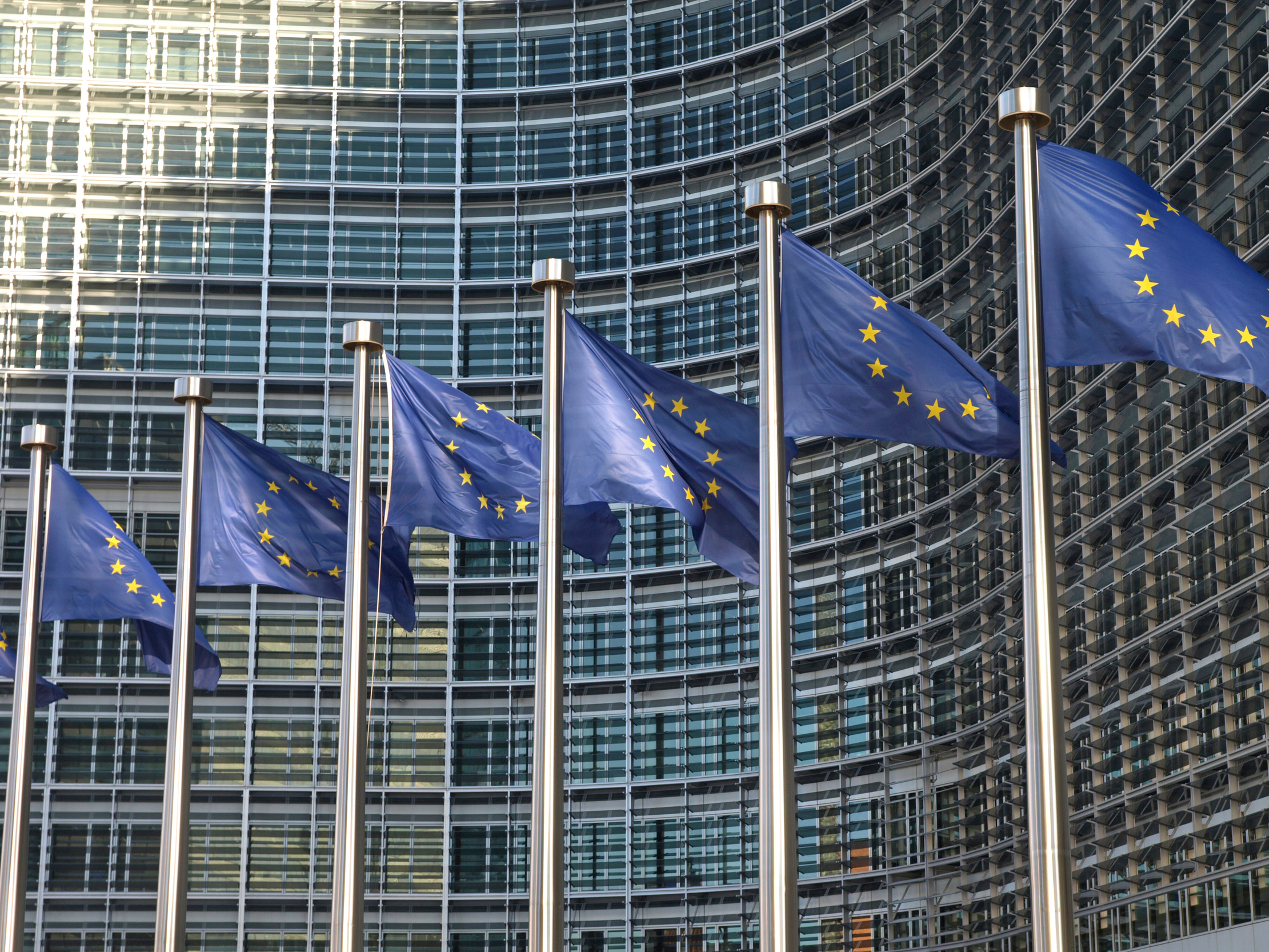Has the cookie crumbled?
A new directive comes into force from the EU meaning significant changes in the way websites work with cookies. Simon Brew tries to make sense of it all...

Since the advent of the modern day World Wide Web, businesses and websites have become more and more dependant on the cookie.
Most of you will know what this is: the small dose of data a site writes to your computer, to store information about what you've been up to.
In the vast bulk of cases, this is a small amount of data stored on a user's machine, but in others, it's a little more than that, and data has been reportedly shared. A clampdown was, in all reality, inevitable and a clampdown of sorts has now happened.
For there's a significant change to the law that's now come into force, and it's one that many firms may just easily look over. Rather than websites now assuming they have permission to place a tracking cookie on a person's computer, now they effectively have to ask permission to do so.
A clampdown was, in all reality, inevitable
What Benefit?
The benefits to the end user have been outlined by Christopher Graham, Information Commissioner at the Information Commisioner's Office (ICO).
Get the ITPro daily newsletter
Sign up today and you will receive a free copy of our Future Focus 2025 report - the leading guidance on AI, cybersecurity and other IT challenges as per 700+ senior executives
"It will have positive benefits as it will give people more choice and control over what information businesses and other organisations can store on and access from consumers' own computers," he told us back in March.
In short, it means that nobody can store your information in a cookie, without you giving permission for them to do so, and the implicit assumption that it's okay to track what you do will go with it.
-
 Bigger salaries, more burnout: Is the CISO role in crisis?
Bigger salaries, more burnout: Is the CISO role in crisis?In-depth CISOs are more stressed than ever before – but why is this and what can be done?
By Kate O'Flaherty Published
-
 Cheap cyber crime kits can be bought on the dark web for less than $25
Cheap cyber crime kits can be bought on the dark web for less than $25News Research from NordVPN shows phishing kits are now widely available on the dark web and via messaging apps like Telegram, and are often selling for less than $25.
By Emma Woollacott Published
-
 Open source advocates "cautiously optimistic" about Cyber Resilience Act after industry pushback prompts changes
Open source advocates "cautiously optimistic" about Cyber Resilience Act after industry pushback prompts changesNews Amendments to the Cyber Resilience Act in December curtailed the potential impact on open source developers in the region, an industry body has said
By Solomon Klappholz Published
-
 Reprieve for open source industry as agreement reached on Cyber Resilience Act
Reprieve for open source industry as agreement reached on Cyber Resilience ActNews The Cyber Resilience Act has been maligned by open source advocates across Europe
By Ross Kelly Published
-
 What's the EU's problem with open source?
What's the EU's problem with open source?Analysis The open source community has raised concerns about a raft of new regulatory changes in the EU in recent months
By Ross Kelly Published
-
 EU Cyber Resilience Act a ‘death knell’ for open source software, critics warn
EU Cyber Resilience Act a ‘death knell’ for open source software, critics warnNews Critics of the act claim that requirements for open source software usage could severely impact the community
By Ross Kelly Published
-
 Swedish privacy concerns result in fines over Google Analytics
Swedish privacy concerns result in fines over Google AnalyticsNews Swedish privacy authority ordered companies to stop using the ubiquitous web traffic analysis tool, in line with recent EU rulings
By Richard Speed Published
-
 Researcher says criticising Google cost him his job
Researcher says criticising Google cost him his jobNews Barry Lynn sets up new group to address platform monopolies after being pushed out at Google-funded New America
By Nicole Kobie Published
-
 £130 million Google-UK tax deal could be squashed by EU
£130 million Google-UK tax deal could be squashed by EUNews SNP and Labor question terms of perceived low-rate deal
By Jane McCallion Published
-
 Google blames search “monopoly” on bug
Google blames search “monopoly” on bugNews Glitch was responsible for Yelp and TripAdvisor getting buried in search results, claims search engine giant
By Rene Millman Published